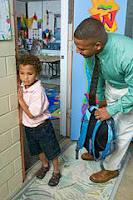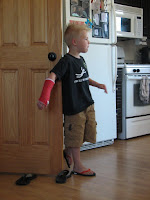Characteristics of Females with ASD Level 1

"We think our daughter may have a form of autism due to her severe shyness, excessive need to have things just so, certain rituals she has with food, major touch sensitivity, a lot of anxiety, just to name a few. What are some of the signs to look for to help us decide if an assessment is in order?" Females with ASD, or High-Functioning Autism. often present with a unique set of characteristics that can make diagnosing their disorder very difficult. In addition, their strengths often mask their deficits. There has been considerable discussion among professionals about the way girls with ASD demonstrate their major characteristics. Some girls have obvious social difficulties, whereas others appear to have excellent skills because they imitate the behaviors of others (often without understanding them). There are many females who do not receive a diagnosis, possibly because, compared to males, (a) they have fairly good social skills (particularly when interacting wi




